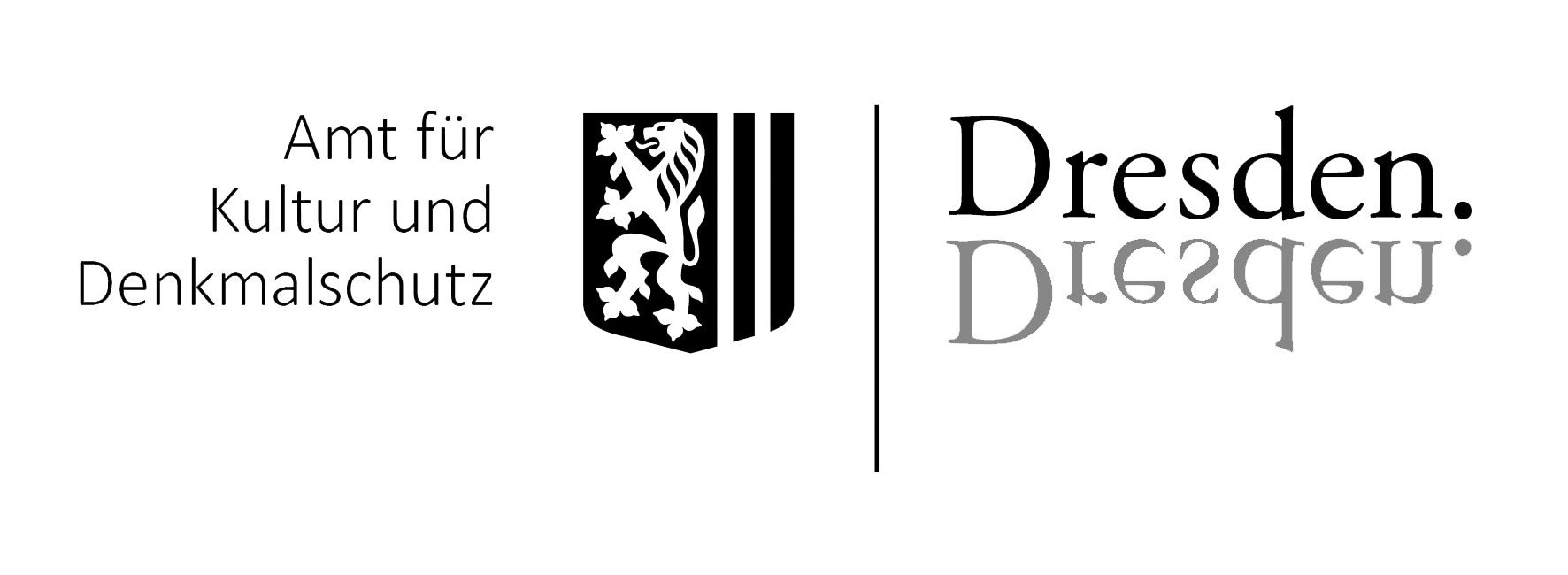SELF CARE STRANDBEFEHL
Music theatre | January 2024 | HELLERAU - European Center for the Arts | Dresden
By and with: Urs Humpenöder, Laura Immler, Hannes Köpke, Ferdinand Nowitzky, Jasmina Rezig, Olivia Rosendorfer, Yannik Stöbener, Alida Stricker, Paul Voell, Maria Wang Kvalheim outside eye: Natalie Baudy stage design assistant: Swantje Silber costume design assistant: Julia Scholz sound engineer: Konstantin Fontaine stage construction: Friedrich Hartung puppets: Liesbeth Nenoff production manager: Sue Franz documentation: Julius Zimmermann
It’s beautiful here, so beautiful. On the east coast of Rügen, between pine forest and beach grass, lies the “bath of 20,000”: Prora, a vacation paradise. Conceived by the National Socialists as a resort for the Germans (and only for them) to get fit for work and war. After the Nazi Party Rally Grounds, the building complex of the Prora seaside resort is the second largest contiguous architectural heritage from the National Socialist era. However, the traces of the past are hardly visible anymore – those of the National Socialist gigantomania just as little as those of the NVA barracks, where building soldiers refused to serve at arms or soldiers of socialist conflict parties from Central and South America, Southeast Asia and Africa completed officer training courses in the 1980s. At the beginning of the new millennium, the building was sold off in blocks to private investors and has now become (almost) what it was originally intended to be: a vacation and recreation resort.
Which forms of remembrance are allowed to take place and which histories are repressed? Using Prora as a case study we explored multidirectional remembrance in “Self Care Strandbefehl” and confronted the ideology of recreational concepts of National Socialism with current practices in the field of vacation and leisure.
"Self Care Strandbefehl" is a production by fachbetrieb rita grechen and was co-produced by HELLERAU - European Center for the Arts. The project was funded by Fonds Darstellende Künste with funds from the Federal Government Commissioner for Culture and Media, by the Office for Culture and Monument Protection of the City of Dresden and by the Cultural Foundation of the Free State of Saxony. This measure is co-financed by tax funds on the basis of the budget decided by the members of the Saxon state parliament.









